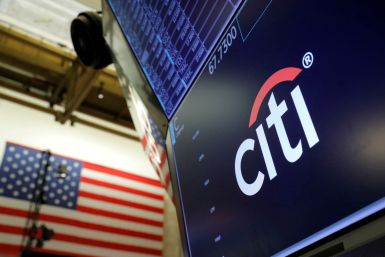Two and a half months after the discovery of Celeste Rivas' remains, Fischer suggests that she may have died from an accidental overdose.
Fischer claims that D4vd's manager forwarded an email to the artist regarding Rivas' disappearance, which allegedly asks the artist to 'take her home'.
Arizona father Christopher Scholtes, who died by suicide before starting a decades-long sentence for his toddler's death, allegedly had a secret affair.
A newly surfaced Build-A-Bear certificate may offer clues about how the teenager spent her final days, and private investigator Steve Fischer now believes that Celeste and D4vd were together shortly before her death.
A little over two months ago, Celeste Rivas' severely decomposed body was found inside a Tesla. Now a private investigator claims he is 'certain' of who was behind the wheel of D4vd's car.
'These are items that belong more on a farm than in a home. It would make no sense to even own these things,' private investigator Steve Fischer said.
In glamorous Los Angeles, home of Hollywood dreams, 'the Blade' tells a darker story — where even 11-year-olds are exploited for sex in broad daylight.
A 49-year-old worship leader and singer-songwriter has been charged with producing and possessing child sexual abuse materials.
A Texas man, Emory Dee Garner, was arrested after his 'odd' request for children's bunk beds alarmed furniture store employees.
The DOJ has charged 324 individuals in a $14.6B healthcare fraud case—the largest in US history—exposing billing scams, opioid rings, and overseas links.
Kenzie, who was travelling solo through Milan in the summer of 2024, claimed she was approached by Shama during her trip.
Newly elected Pope Robert Prevost called for peace, unity, and bridge-building in his first address, honouring Pope Francis and urging the Church to walk together in faith and love.
Award-winning teacher Jacqueline Ma, 35, sobbed in court, admitting to sexual relationships with two 11 and 12-year-old students.
Tech CEO Andrei Karkar, son of a famed ballerina and Silicon Valley founder, was arrested for rape and other charges.
'Bitcoin billionaire' Kevin Segal faces charges in a $212K Wyoming scam involving luxury hotels. He's asked for lower bail, but persecutors cite his $2B claim.
An investigation has revealed numerous Telegram groupchats discussing how to rape and drug women, exchanging pictures and live footage of their exploits.
Hong Kong romance scam using deepfakes raked millions from men across Asia. The victims had parted more than $46 million.
Juan Velez, a Citibank personal banker in New York City, was sentenced to six months after admitting to stealing $150,000 from an elderly client with dementia.
































